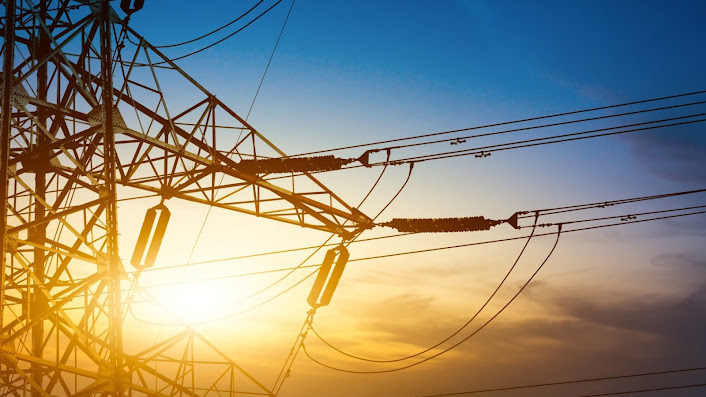Ghana is on the brink of a catastrophic power crisis that threatens to cripple the nation's economy and disrupt the lives of citizens.
The Minister for Energy and Green Transition, John Jinapor, has sounded the alarm, warning that the country risked a nationwide power shutdown unless immediate action was taken to address the liquidity constraints in the energy sector.
The figures are stark. Ghana owes Independent Power Producers (IPPs) a staggering $1.7 billion, with Karpower, a major thermal energy provider, threatening to shut down operations due to a $400 million debt.
The government requires over $1.1 billion to procure liquid fuel to keep thermal power plants operational but the tariff structure does not account for these costs, leaving the central government to foot the bill.
This crisis is not merely a matter of numbers; it has far-reaching implications for Ghana's economy, businesses and households. Intermittent power outages have become a regular occurrence, and a nationwide shutdown would be disastrous.
The economy would grind to a halt, industries would shut down, and citizens would be left in darkness. The impact on Ghana's economic growth and development would be significant, with potential long-term consequences for the country's prosperity.
The root causes of this crisis are complex, but they boil down to structural issues in the power sector. The exclusion of reserve margins and fuel procurement costs from the electricity tariff structure has created a perfect storm of debt and inefficiency.
The Electricity Company of Ghana (ECG) is struggling to collect payments, with a monthly deficit of about Gh¢2billion, while transmission losses are estimated to be around 29-30 per cent, far above the 8-9 per cent average in OECD countries.
For the Graphic Business, the government must take immediate action to address this crisis. Securing funding to address the liquidity constraints is essential but it is only a short-term solution.
A comprehensive overhaul of the power sector is necessary to ensure the long-term sustainability of electricity supply. This includes reforming the tariff structure, improving ECG's revenue collection, and addressing transmission losses. The government must also prioritise investment in the power sector, including upgrading infrastructure and increasing generation capacity.
The people of Ghana deserve a reliable and efficient power sector. It is the government's responsibility to ensure that the lights stay on, and the economy continues to grow.
The clock is ticking, and the government must act swiftly to prevent a nationwide power shutdown. The fate of the nation's economy and the lives of its citizens depend on it.
Ghana's power sector crisis is a ticking time bomb that requires urgent attention. The government must take bold action to address the root causes of the problem and ensure a stable power supply.
This includes working with stakeholders, including IPPs, ECG, and other industry players to develop a comprehensive plan to address the crisis.
The consequences of inaction would be severe. A nationwide power shutdown would have a devastating impact on Ghana's economy, businesses and households. Industries would shut down, and citizens would be left without access to basic necessities like lighting, refrigeration and communication.
The impact on Ghana's economic growth and development would be significant, with potential long-term consequences for the country's prosperity.
The government needs to secure immediate funding to address the liquidity constraints, reform the tariff structure to include reserve margins and fuel procurement costs, improve ECG's revenue collection, and address transmission losses.
BUThe government must also prioritise investment in the power sector, including upgrading infrastructure and increasing generation capacity. By taking bold action, the government can prevent a nationwide power shutdown and ensure a stable power supply for the nation.
For the Graphic Business, the ultimate solution to the country power sector crisis requires a multifaceted approach that addresses the root causes of the problem.
The government must work with stakeholders to develop a comprehensive plan to address the crisis, including reforming the tariff structure, improving ECG's revenue collection, and addressing transmission losses.
By taking decisive action, the government can ensure a stable and reliable power supply for the nation, and prevent a disaster that would have far-reaching consequences for Ghana's economy and citizens.
